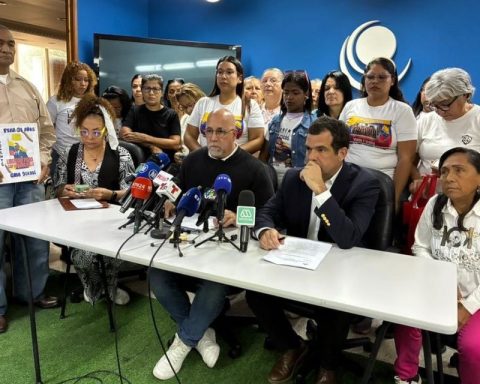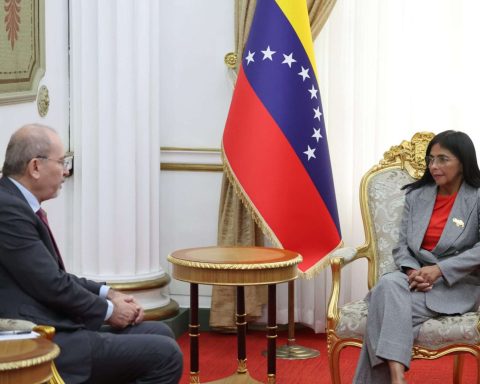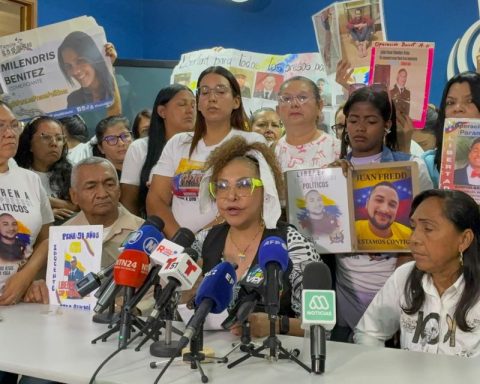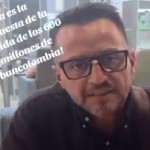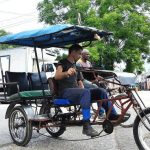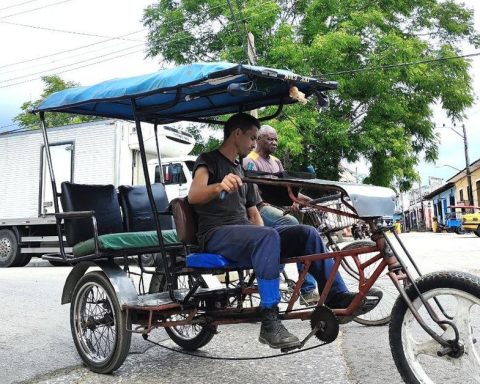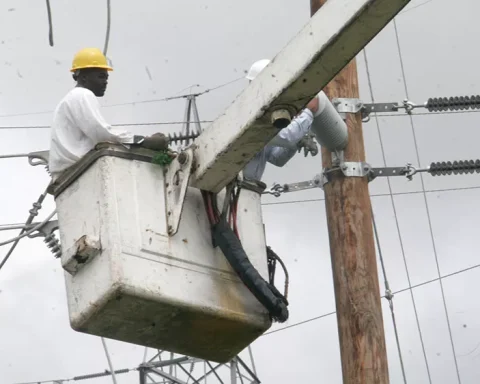An investigative work by the newspaper El Espectador on the prison population in Colombia reveals that the majority of Venezuelan migrant women have been sentenced for crimes of trafficking, manufacture or possession of narcotics, or for theft.
A study titled Women and Prison in Colombiapublished by the newspaper The viewer of that country and developed jointly by the Pontificia Universidad Javeriana, the Red Cross and the Center for Research and Economic Teaching, of Mexico, reflects the reality of many Venezuelan migrants who today are part of the prison population, far from their families.
As of March 2022, there were 2,859 foreign inmates; Of these, 2,389 were Venezuelan men and women (84%): 332 were women, 14% of the total population. Most of them, like the Colombians, were convicted of drug trafficking, manufacturing or possession, or theft.
The job consisting of several chaptersanalyzes in one of them the situation of women who are mothers (85% of the total) and are incarcerated in Colombian prisons in motherhood behind bars. «How are Venezuelan women and migrants who are mothers and are in Colombian prisons? The short answer: wrong.”
The researchers found that the vast majority of inmates are single, heads of families –with sole responsibility for their home–, and from low socioeconomic strata. The average household income of these women before their arrest was less than two current legal monthly minimum wages. This characterization, indicates the study, is the same in the case of Colombians and Venezuelans.
The publication collects the testimony of a Venezuelan inmate identified only as Daniela, who was captured for theft on March 16. December 2020.
Also read: Opening the matryoshka of gender inequality, by Fabián Echegaray
On July 7, she was sentenced. Daniela asked for house arrest because she was the head of the family, but the judge denied it because her children did not live in Colombia – that’s what she said. She also requested extradition to Venezuela twice and was denied both times – that’s what she said. And she, already in jail, sent requests to be able to have virtual visits and see her children through video calls from the institution’s computers, but they have not responded.
The only option, for now, is to call. His mother or his former partner – who now lives in Bogotá – or a “companera” from prison collaborate with him: they consign money to a penitentiary savings account and with this he recharges the phone. A minute to Venezuela costs 600 pesos – “one of the most expensive prices on the market”, says Claudia Cárdenas, director of the NGO Mujeres Libres.
“Foreign women in prison are much more excluded. They are not close to their families; they depend on other families that, in one way or another, adopt them; their governments abandon them and they receive no help from them – neither legal advice nor hygienic kits with menstrual pads nor psychological support nor visits to verify that they are not tortured, for example. And the complicated thing, later, is when they get out of prison with parole – which is the case of the majority: they have an expired passport, they do not have a work permit and, in addition, they have the mark of being post-convicted. They have to find the money for the passport and to send to the children and those who take care of them, and for the plane or bus ticket to return and, of course, for them to live while they are in peace and safe with the country and leave, “he says. Claudia Cardenas.
“They are part of the weakest links,” adds Liliana Sánchez, vice-rector for research at Javeriana and principal investigator of the study. Women and Prison in Colombia.
Trafficking and theft are crimes, in general, of survival, related to contexts of violence and low economic income; In this sense, “the majority of crimes committed by women deprived of their liberty – and we are very aware of that – were due to their conditions of poverty,” says Esmeralda Echeverry, director of the Cárceles al Naked organization.
Maternity behind bars: migrants who are mothers in Colombian prisons.https://t.co/TQ7EJEhFFr
– The Spectator (@elespectador) May 8, 2022
special research work Migrants and prisoners of abandonment From the newspaper The viewer can be seen here.
Post Views:
149

